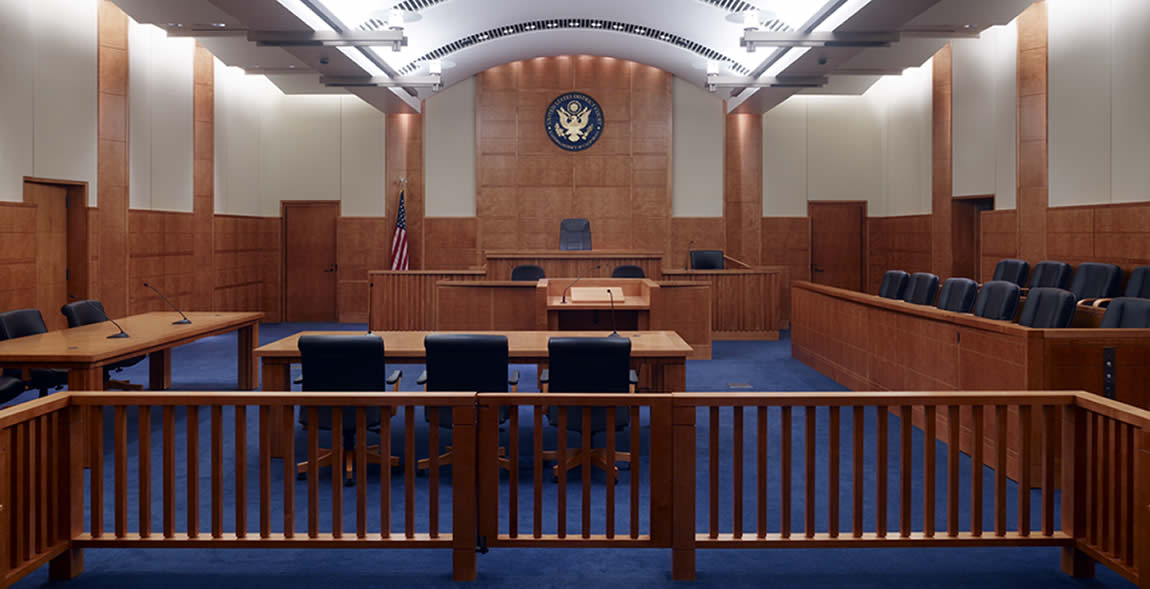 Se Habla Espanol
Se Habla Espanol
Criminal Defense | Felonies Attorney Fresno

Attorney Eric P. Escamilla 923 Van Ness Avenue, Suite 100 Fresno, CA 93721 Phone: 559-485-2535 Fax: 559-485-3303
Felony: Felonies are considered the most serious types of crimes, and each state has different punishments for these offenses. A standard definition of a felony is any crime punishable by more than one year in prison or by death for capital offenses like first-degree murder. Unlike misdemeanors, defendants convicted of felonies serve their sentences in a state or federal prison rather than a local, city or county jail. Additional criminal procedures apply with felonies, and the right to a court-appointed lawyer if the defendant can’t afford one is one of the rights guaranteed in felony cases. Also, whether or not the defendant has to appear in court for various parts of the criminal justice process also depends on whether or not he or she is being charged with a felony.
In the case of a felony charge, not only are the procedural laws different than they are for misdemeanors, but the substantive laws can also be affected. For example, under some statutes an accidental death would be considered a murder if it occurs in the commission of a felony–like armed robbery or kidnapping. However, if it occurs in the commission of a lesser crime like a DUI, it is only manslaughter. The common law definition of a burglary is breaking and entering a house for the purpose of committing a felony; if the purpose was not to commit a felony the crime cannot be charged as burglary.
A person convicted of a felony will usually have more restrictions on their rights (collateral consequences) than a person convicted of a misdemeanor. For example, in many jurisdictions, convicted felons cannot serve on juries. They may also lose their right to vote or to practice certain professions, such as lawyer or teacher. Felons may also be prohibited from owning guns or serving in the military, and they may also have to register as an offender (e.g., sex offender, narcotics offender).
Wobbler: A wobbler is a crime that could be charged as either a felony or misdemeanor. Even if a wobbler begins as a felony, it may be reduced to a misdemeanor at sentencing, or the completion of successful probation.
Finally, many jurisdictions base their “three strikes” laws on prior felony convictions but not misdemeanor ones. This means that if the person has already been convicted of two felonies, a third conviction would result in a mandatory 25 year to life prison sentence with no possibility of parole even if the third crime does not involve any risk to human life or it would normally considered a misdemeanor otherwise.

